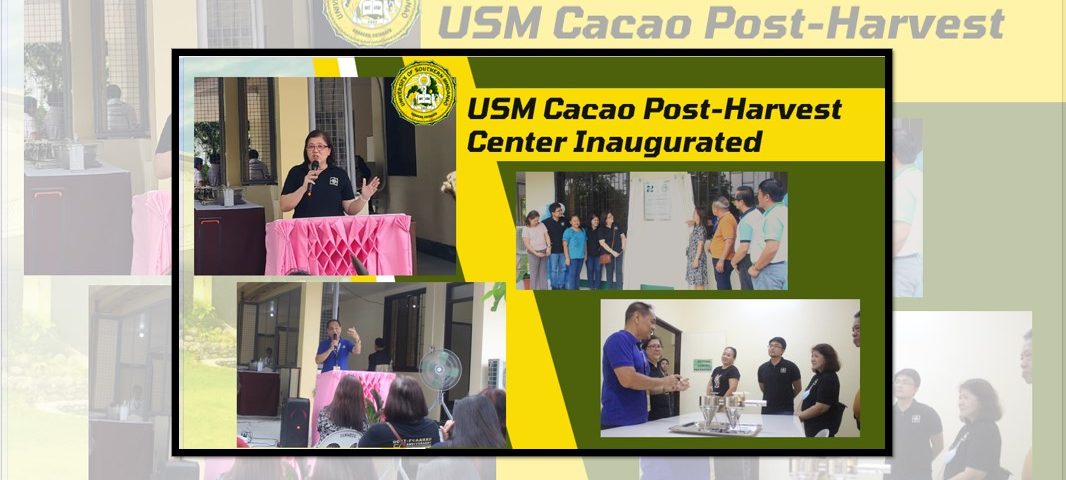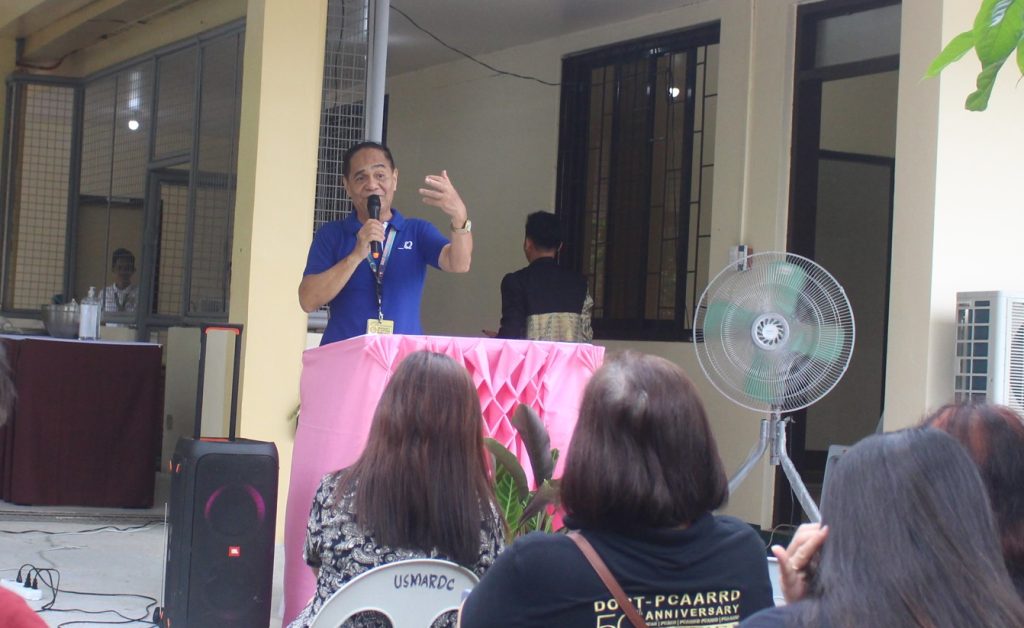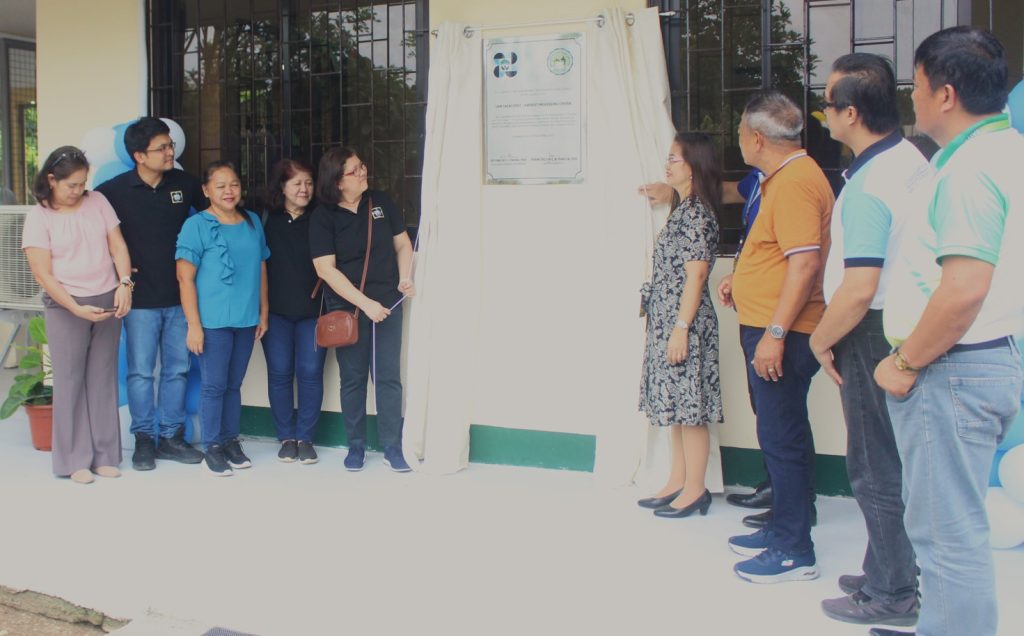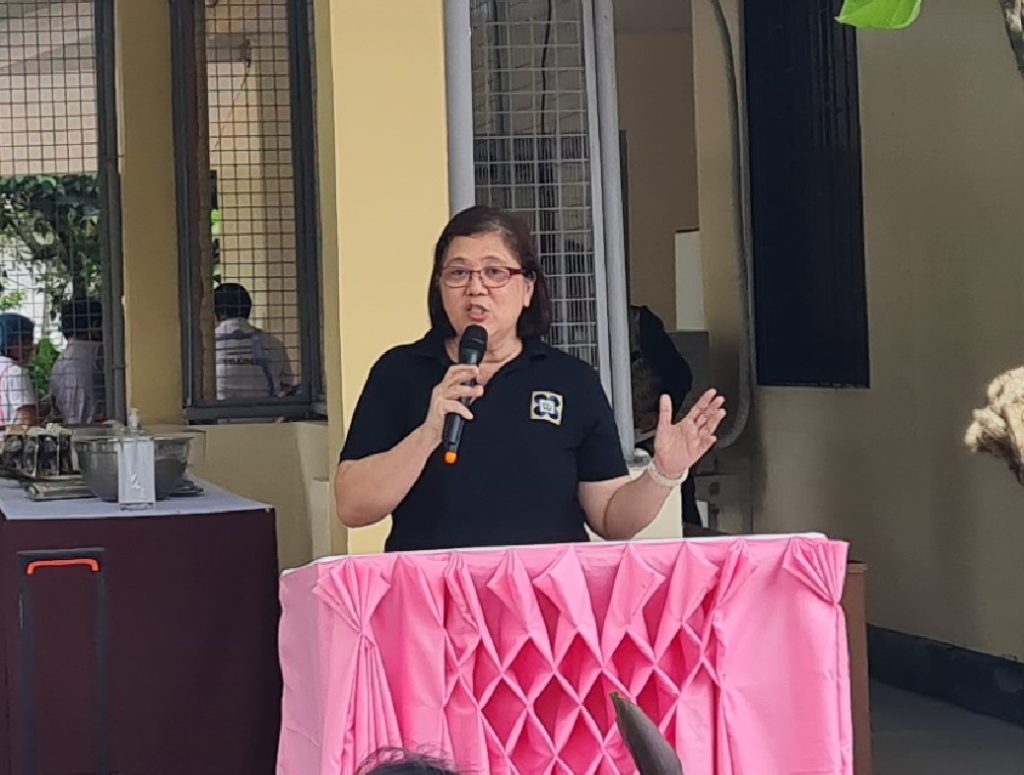
USM Institutionalizes Intellectual Property, Technology Transfer and Business Development Office; Marohom Designated as Head
September 12, 2023Saliling discusses HR best practices in 18th RCHRP Convention
September 22, 2023
The inauguration and launching of the USM Cacao Post-Harvest Center was held on September 15, 2023 with the presence of key officials from the Department of Science and Technology-Philippine Council for Agriculture Aquatic and Natural Resources Research and Development-Institution Development Division (DOST-PCAARRD-IDD), the funding agency for the project.
Under the leadership of Prof. Harem R. Roca, The upgrading the Cacao Post-harvest Processing Center involved the physical rehabilitation of existing infrastructure, the acquisition of modern equipment and facilities, and mechanization of tablea processing. It will be used for producing high-quality tablea and, simultaneously, as a shared space for training, technology transfer, and various research, development, extension (RDE).
During the launch event, Professor Roca elaborated on how the new equipment will enable the University to execute the entire cacao processing journey, from beans to tablet. These essential tools are instrumental in enhancing the quality of cacao beans, eliminating toxins, and refining them to meet the standards necessary for end-products, including chocolate, that are suitable for consumers. With USM having the highest number of cacao clones in the Philippines, some of which were sourced internationally, this facility is set to tap the full potential of USM as a prominent cacao RDE center within the country.
Dr. Fezoil Luz Decena, the Director of IDD, shared her enthusiasm about the facility’s inauguration. She emphasized the critical role of completing the cacao processing chain, highlighting the various essential processes like conching and melangering. She underscored that their funding of the project extended beyond the construction phase, as it reflected their strong belief in the refurbished facility’s potential to drive sustainable livelihood programs and foster a more productive cacao industry.



